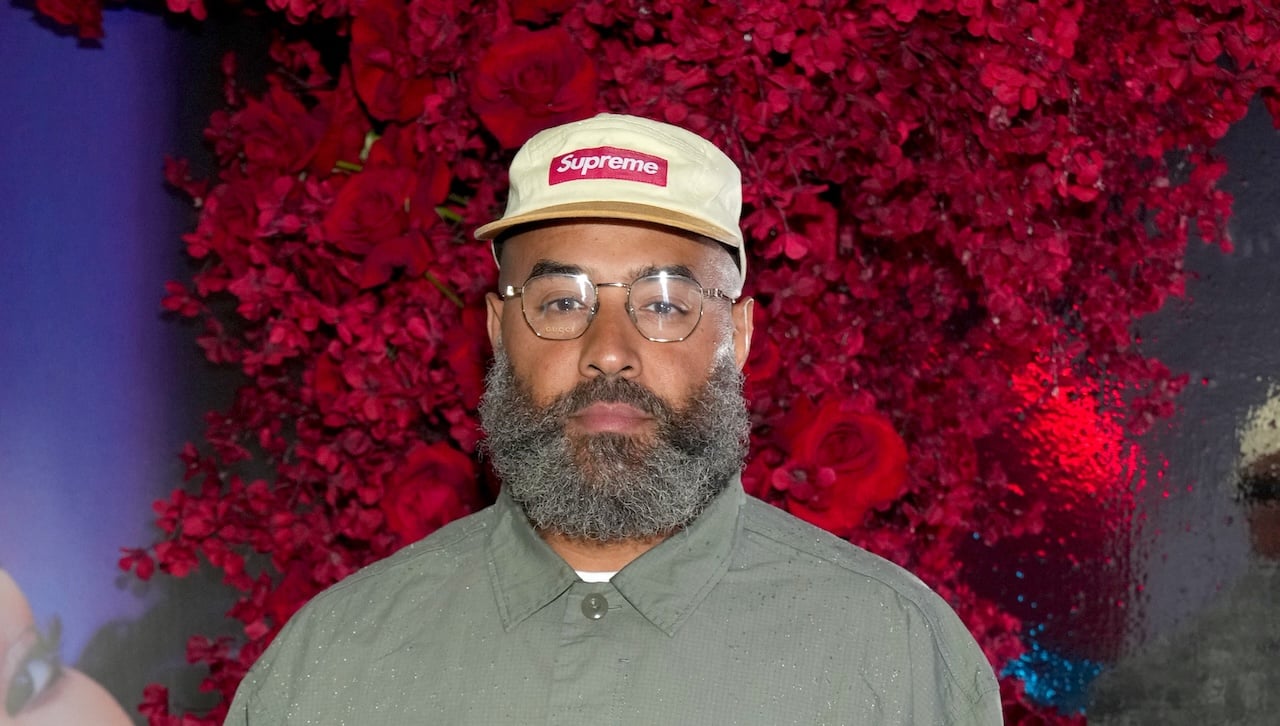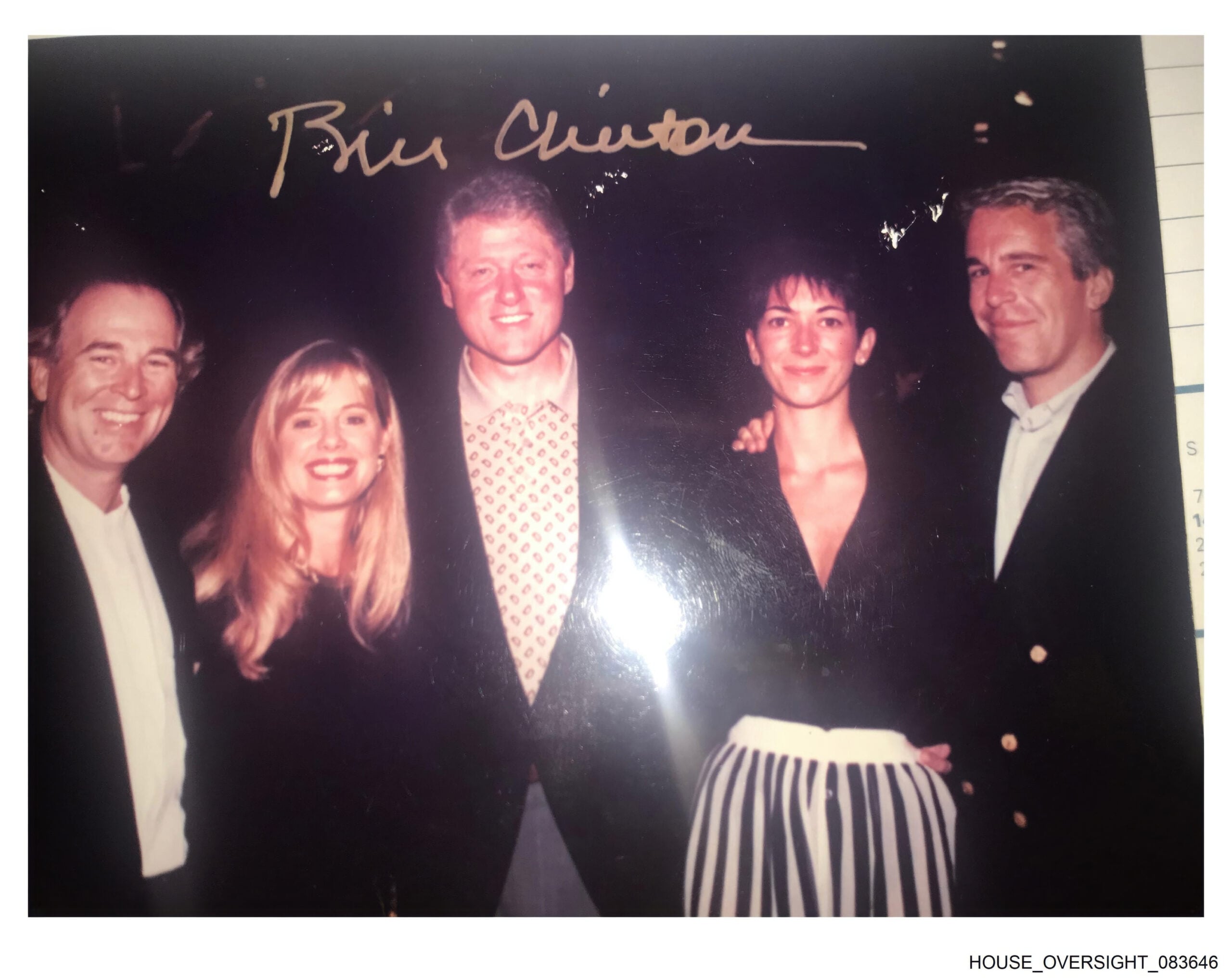Editor’s note: The following article is an op-ed, and the views expressed are the author’s own. Read more opinions on theGrio.
The Republicans simply cannot help themselves. With Vice President Kamala Harris as the presumptive Democratic nominee for president, Trump and the GOP are tapping into their reservoir of hatred for Black people and relying on misogynoir and negative media stereotypes of Black women as an election strategy. This is all they have left.
With Biden leaving the race only a short time ago, already we have seen where Republicans are headed with the attacks on Harris and Black women in general. For example, Republican lawmakers have called Harris a “DEI vice president,” “DEI hire” and a “DEI candidate.” DEI is the new n-word of choice for white nationalists who wish to convey that Blackness is inferior and unqualified.
Conservative commentators claim Harris “slept her way” to the top, fault her for not having children by birth and claim she has done nothing other than “collect a government check for the past 20 years,”
Republican leaders even warned their members not to make racist or sexist remarks about Harris, limiting their comments to policy differences rather than personal attacks. Then, Trump blew the whole thing wide open when he questioned Harris’ Blackness at a most unfortunate appearance at the NABJ convention in Chicago. Trump claimed Harris, whose father is Jamaican and mother was Indian, “was always of Indian heritage” and was “only promoting Indian heritage.”
“I didn’t know she was Black until a number of years ago when she happened to turn Black,” said Trump. “Now she wants to be known as Black. So I don’t know, is she Indian, or is she Black?”
The racial stereotypes of Black women employed by the GOP against Harris, which will only get worse, reflect misogynoir in the larger society. Valid critiques of Harris aside — including discussions on her policy positions, whether she helps the Black community and other Black women running — these attacks reflect what the Republicans think about Black people, specifically Black women. During this election season, we should expect all the stereotypes and prepare accordingly.
Elections
In a country that considered Black people to be less than human — recall the 1857 Dred Scott v. Sandford decision, when the Supreme Court said Black folks “had no rights which the white man was bound to respect ”— we were reduced to dehumanized racial cartoon characters. Here’s a list of the various tropes and stereotypes Harris and other Black women may face as they attempt to gain ground in a racist America.
“Sapphire”
One of those offensive stereotypes is Sapphire, the domineering, rude, sassy, aggressive and angry Black woman, named after Sapphire Stevens from the 1950s CBS Television show, “Amos ‘n’ Andy.” The short-tempered and emasculating Sapphire has been around since slavery and Jim Crow and is found throughout media and popular culture. Consider the character Aunt Esther from the television sitcom classic “Sanford and Son” or reality shows such as the “Real Housewives” franchise. The offensive racialized caricature of the Black woman with an attitude is all around us, and society accepts the stereotype as truth because the media tell us this is so.
“Mammy”
Another longstanding, time-tested and most popular caricature of the Black woman is the Mammy — the servant, typically an enslaved woman who takes care of white people and their children in the Big House. Examples include the now defunct and rebranded Aunt Jemima pancake brand — which had a whole restaurant at Disneyland complete with a singing Black actress dressed for the part and serving up pancakes — and the character Hattie McDaniel played in the 1939 film “Gone with the Wind.”
And the Mammy stereotype continues into the 21st century. When talk show host Drew Barrymore told Harris that America needs the vice president “to be ‘Mamala’ of the country” — referring to the nickname Harris’ stepchildren call her — it was giving Mammy. Just as the Mammy was expected to do the cooking and cleaning — not to mention breastfeed white babies — Black women are expected to clean up the mess that is America and save democracy.
“Jezebel”
And when you thought it was bad enough, it gets worse. The Jezebel is the image of the seductive, oversexed and hypersexualized Black woman. Jezebel emerged from the objectification of Black women and social control over their bodies during the slave trade. White people regarded Black women as things, as animals and sexual objects valued for their childbearing. White society views Black women as more promiscuous than white women, and less credible victims of rape and sexual assault.
The Jezebel stereotype is at play when people in MAGA world accuse Harris of being a “side chick” who “slept her way to the top” in politics, pointing to her past relationships with California politico WIllie Brown and television host Montel Williams.
And when the Daily Mail reported that Harris’ great-great-great-great grandfather was an Irish slave master who owned 121 Black people on a Jamaican plantation, it was not the own that some White people thought it was. Many African Americans and Caribbean people have European ancestry, due in no small part to white slave owners raping and impregnating the enslaved Black women they owned.
“Welfare Queen”
Another toxic stereotype of Black women, the Welfare Queen, was perfected by Ronald Reagan and the Republican Party. Conservatives conjured an image of a fraudster freeloader and welfare cheat, a poor Black woman in the ghetto who gamed the system and lived lavishly by stealing welfare checks. The Welfare Queen justified the dismantling of social welfare programs and government spending cuts and attracted racist white people to the Republican Party.
Reagan said there was a woman in Chicago who “used 80 names, 30 addresses, 15 telephone numbers to collect food stamps, Social Security, veterans’ benefits for four non-existent deceased veteran husbands, as well as welfare.” This racist dog whistle demonized the poor and anti-poverty programs by scapegoating Black women and capitalizing on racist stereotypes of Black laziness. And although most low-income people are white, the Welfare Queen trope worked. And white nationalists in today’s GOP dare to paint Kamala Harris as a welfare queen because she is a Black woman who has spent her career working in government — or collecting a government check.
“Tragic Mulatto”
Finally, there is the tragic mulatto — the fictional multiracial or mixed-race character of the 1800s and 1900s, and more recently with the Marina Thompson character in the Shonda Rhimes series “Bridgerton.” Typically depicted in literature and film as a light-skinned or white-presenting woman who is half-Black and half-white, the tragic mulatto cannot fit into the Black world or the white side of town, and is self-hating, depressed, confused and suicidal. The tragic mulatto trope encouraged racial distrust within the Black community and between Blacks and whites.
Trump and the Republicans want to exploit and weaponize Harris’ Blackness for political gain and claim she is not Black because her mother was Indian and her father is Afro-Jamaican — or at least is confused about who she is. Claiming that someone cannot be Black and AAPI (like tennis star Naomi Osaka, actress Tatiana Ali and Rui Hachimura of the L.A. Lakers) erases the millions of people around the world who are both — in the Caribbean, in Asia and the Black Pacific and beyond.
These stereotypes punish Black women and hurt them in many ways. This misogynoir is messy work, and the Republicans can’t help themselves. This is not just about Kamala Harris, this is about all Black women. And Trump and his minions are telling us who they are and how they feel about Black women.

David A. Love is a journalist and commentator who writes investigative stories and op-eds on a variety of issues, including politics, social justice, human rights, race, criminal justice and inequality. Love is also an instructor at the Rutgers School of Communication and Information, where he trains students in a social justice journalism lab. In addition to his journalism career, Love has worked as an advocate and leader in the nonprofit sector, served as a legislative aide, and as a law clerk to two federal judges. He holds a B.A. in East Asian Studies from Harvard University and a J.D. from the University of Pennsylvania Law School. He also completed the Joint Programme in International Human Rights Law at the University of Oxford. His portfolio website is davidalove.com.





